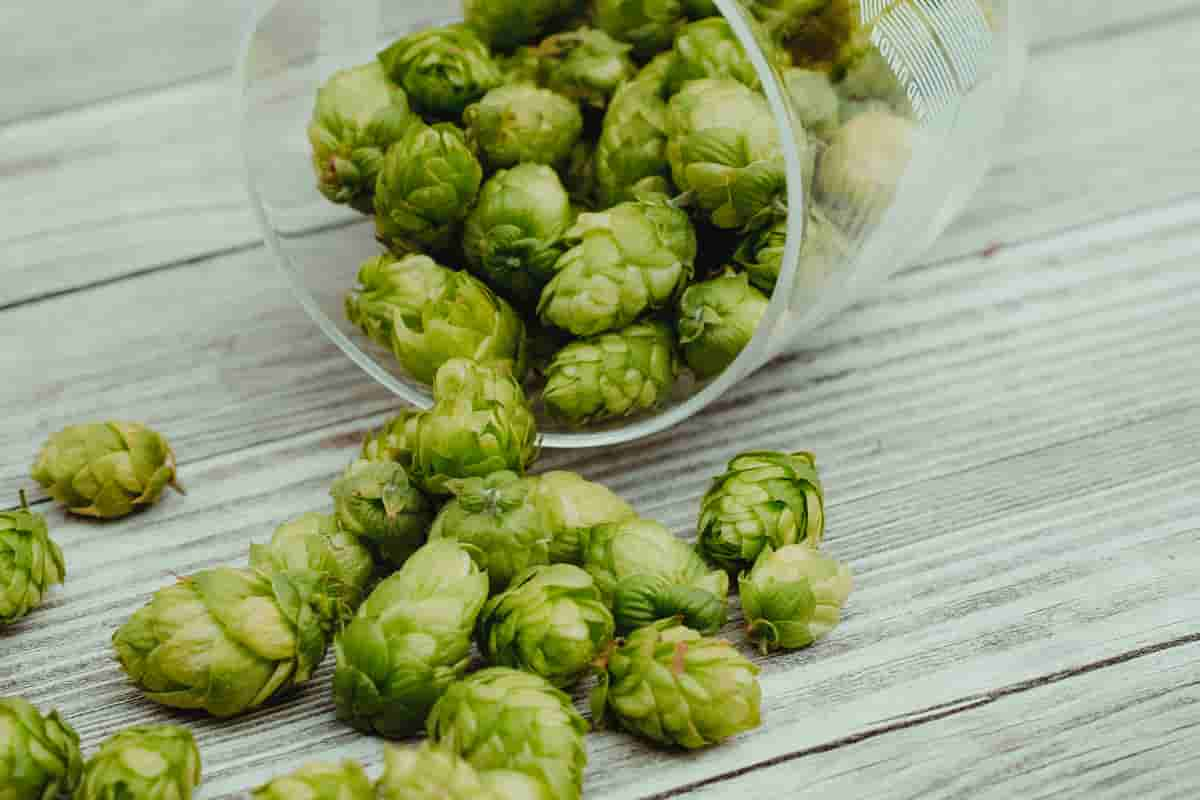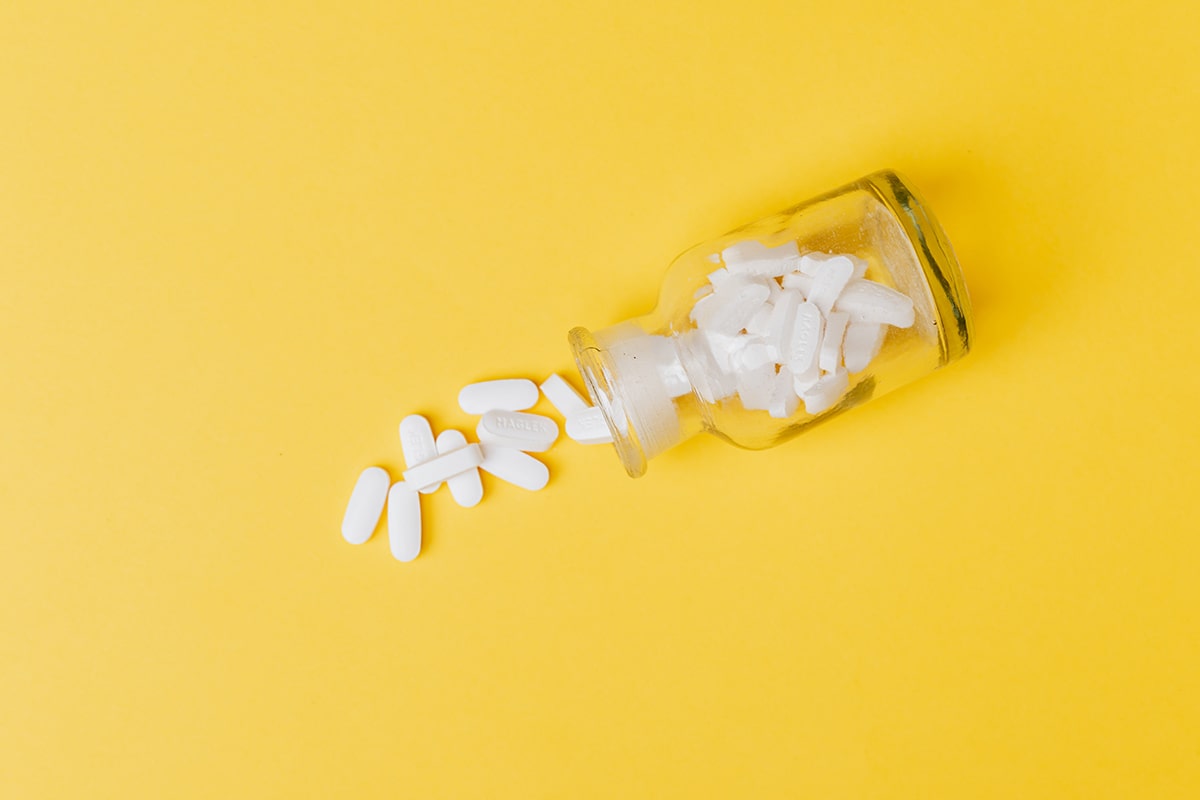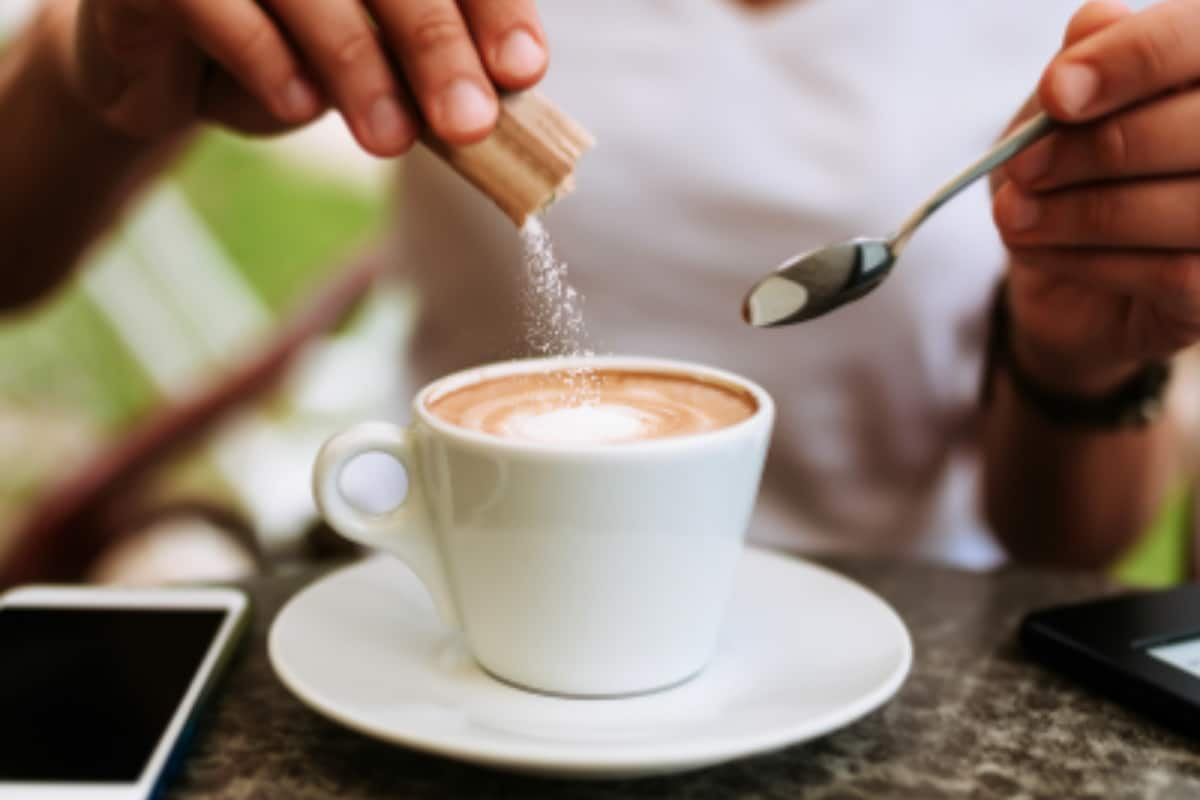Herbal and Plant-Derived Remedies For Menopause Symptoms

A variety of symptoms plague most women during the menopause life stage. As estrogen levels drop during this period, a myriad of side effects may occur including hot flashes, night sweats, fatigue, bone loss, thinning hair, brain fog, weight gain, and more. Changing hormone levels also increase the risk of cardiovascular disease and type 2 diabetes.
If you’re managing symptoms like hot flashes, vaginal dryness, brain fog and sleep disturbance, you have options like menopausal hormone therapy and non-hormonal prescriptions. However, you may be interested in trying alternative and holistic strategies, including teas and supplements made from herbs and other plant products, for managing your symptoms.
Whether or not you try herbal remedies is up to you, but know that your mileage may vary. While there is a great deal of popular interest in herbal and plant-derived remedies, most are not supported by quality research as effective treatments. Many people, however, feel strongly that they have made a difference in their menopause symptoms.
Research reviews on various herbal supplements have found that they have minimal serious side effects, but more studies are needed to determine their safety, especially with long-term use.
Always consult with your healthcare clinician before trying a new supplement, and buy only quality products from reputable manufacturers. You can read more about being an informed consumer of supplements here.
Common Herbs & Supplements For Menopause Symptoms
Black Cohosh
Black cohosh is a plant native to eastern and central North America. It is widely available in capsule form in the US market and is a popular herbal remedy for hot flashes and night sweats. Evidence on its effectiveness is mixed, with success in some studies. No serious adverse effects have been reported in the research for black cohosh. To learn more, read the article linked below.
Dong Quai
Dong Quai is a Chinese herb with some research on its effectiveness. It may be purchased in capsule form, liquid extract, or herbal tea.
One clinical trial that specifically focused on Dong Quai found no significant effect of the herb over a placebo. There are also some safety concerns about Dong Quai’s side effects and interaction with medications. More research is needed.
Evening Primrose
Typically found as an oil, evening primrose is rich in omega-6 fatty acids and may have anti-inflammatory effects that ease menopausal symptoms. Research has shown mixed results on its effectiveness, but it is generally considered safe in recommended doses.
Hops
Hops (the same plant used for brewing beer) contains phytoestrogens, which act as weak estrogens in the body. Currently, research on hops has been inconclusive about its effect and more evidence is needed.
Korean Ginseng
Korean ginseng, also known as Panax ginseng, is used to improve sexual function, depression, and menopausal symptoms. It contains phytoestrogens (plant estrogens) which are thought to be the main factor in changing menopause symptoms.
While one study found it helpful for postmenopausal women with menopausal symptoms, especially those with elevated cardiac risk factors, more research is needed when it comes to its safety.
Red Clover
Phytoestrogen-rich red clover is typically sold in capsule form. While studies on its efficacy in reducing hot flashes are inconclusive overall, it has shown a small positive effect in some trials. Red clover has had few observed safety concerns.
St. John’s Wort
St. John’s wort is an herb that has many different uses in holistic medicine. It may improve depression symptoms, hot flashes, and sleep disturbances. In one clinical trial of 100 women, researchers showed that St. John’s wort could be used as an effective treatment for hot flashes.
Wild Yam
Wild yam is a root traditionally used in Chinese medicine for many ailments. Research on wild yam for menopausal symptoms is limited, with no convincing evidence of its effectiveness. However, antioxidants in wild yam may help reduce heart disease risk.
Fenugreek
Fenugreek is a Mediterranean-native plant that contains a variety of compounds that may improve menopause symptoms, including phytoestrogens and flavonoids. There is some evidence it may help with sexual function, insomnia, hot flashes, and even depression. More evidence is needed to confirm its benefits.
Bee Balm
Bee balm is an herb that is purported to help manage depression, anxiety and improve cognition and memory. Evidence is limited on its effectiveness and safety.
Linseed/Flaxseed
Linseed or flaxseed is a lignan and a major class of phytoestrogens. Flaxseed may be consumed in capsules, as an oil, or by eating whole seeds as part of your diet. Flaxseed may provide relief in hot flashes, bone loss, and cardiovascular disease protection. Read more about flaxseeds in the article linked below.
Soy
Soy isoflavones derived from soybeans are one of the most widely studied alternative therapy for menopause symptoms. They are classified as phytoestrogens that may have estrogen-like effects.
Genistein is one isoflavone found in soy that appears to be particularly effective in improving menopause symptoms. While evidence on its efficacy is mixed, it is largely considered safe. Read the in-depth article on soy and phytoestrogens linked below to learn more.
Magnesium
Magnesium is a mineral that is also found in many plant foods. Minimal research has been done on its benefits in menopause, but some evidence suggests that it is common for women to be deficient in magnesium before, during, and after menopause. Because magnesium has a role in thyroid function, additional hormone imbalances may result from magnesium deficiency. For more information, check out the article below about magnesium.
Sign up for more unique women’s health content
By submitting this form, you agree to the Lisa Health Privacy Policy and Terms of Use


